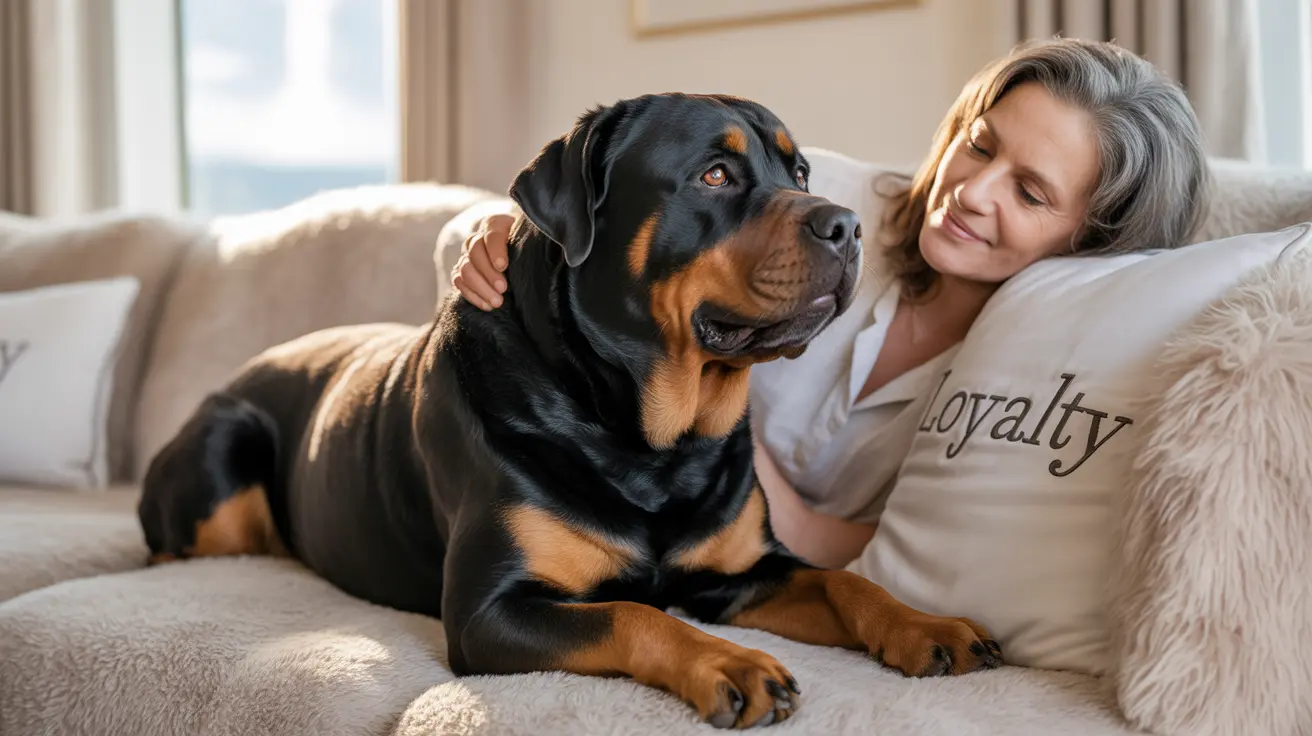The Science of Dog-Human Attachment
Research using adaptations of the Ainsworth Strange Situation Procedure, originally designed to study infant-parent relationships, has revealed fascinating insights into how dogs relate to their human caregivers. Dogs demonstrate clear attachment behaviors, including seeking proximity, showing distress during separation, and using their owners as a secure base for exploring their environment.
Studies have shown that dogs exhibit specific behaviors indicating a parent-like attachment to their owners:
- Seeking comfort during stressful situations
- Showing increased confidence when exploring with their owner present
- Displaying reunion joy after separation
- Using their owner as a safe haven during threatening situations
How Dogs Process Human Relationships
Unlike the outdated "alpha wolf" theory, modern research shows that dogs don't simply view their owners as pack leaders. Instead, they form complex emotional bonds that combine elements of parent-child attachment with unique aspects of dog-human companionship.
Dogs have evolved alongside humans for thousands of years, developing specialized social-cognitive abilities that allow them to form deep emotional connections with their human caregivers. These bonds go beyond mere dependency for food and shelter.
Building a Secure Attachment Bond
Creating a strong, parent-like bond with your dog involves consistent care, emotional availability, and positive interactions. Key elements include:
- Regular feeding and exercise schedules
- Responsive attention to their emotional needs
- Positive reinforcement training methods
- Quality time spent in play and affection
- Consistent boundaries and guidance
The Impact of Early Experiences
A dog's ability to form parent-like attachments is influenced by their early life experiences and socialization. Puppies who receive proper care and positive human interaction during their critical developmental periods are more likely to form secure attachments with their future owners.
Frequently Asked Questions
Does my dog see me as a parent or just a companion?
Research suggests dogs view their owners as a combination of both parent and companion. They form attachment bonds similar to those between children and parents, while also maintaining unique aspects of dog-human companionship.
How can I tell if my dog is securely attached to me like a child to a parent?
Signs of secure attachment include seeking your presence during stress, exploring confidently when you're nearby, showing joy upon reunion, and using you as a source of comfort and security.
What behaviors show that my dog relies on me as a secure base?
Your dog demonstrates secure base behavior when they feel confident exploring new environments while checking back with you, and when they return to you for reassurance during uncertain situations.
Can dogs form parental-like bonds with children in the family?
Yes, dogs can form strong bonds with children, especially when they already have a secure attachment to the adult caregivers in the household. These relationships develop through positive interactions and consistent care.
How does understanding dog-human attachment improve my relationship with my dog?
Understanding the attachment bond helps you provide better emotional support, consistent care, and appropriate boundaries, leading to a more secure and fulfilling relationship with your dog.
Conclusion
While dogs may not perceive us exactly as human children view their parents, the emotional bonds they form with their owners share many similarities with parent-child relationships. Understanding and nurturing this unique attachment can lead to stronger, more rewarding relationships with our canine companions.






